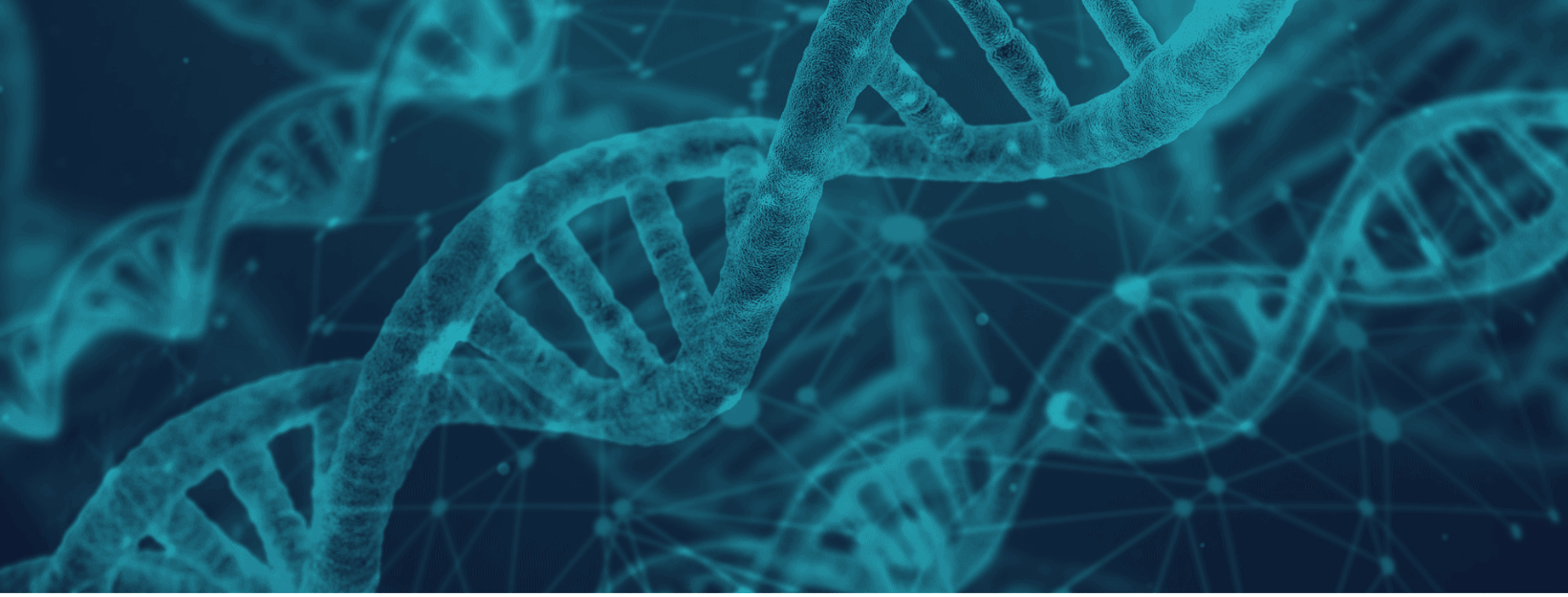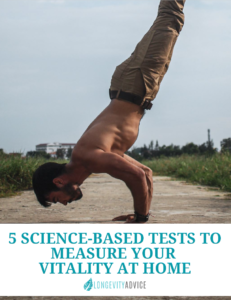Welcome to Longevity Advice!
We’re J.P. and Rachel and we started this website as an informational resource for people who, like us, are not scientists but who still want to know what science can tell them about extending their healthy lives, today.
We’re using some simple principles to guide our content and the website in general:
- Accessible to the non-scientist. Articles will be written in accessible language, with medical and scientific terms and concepts explained clearly. If you have a PhD or M.D. you will still benefit from our content, but if you don’t you should be able to easily understand what we’re discussing.
- No quackery or snake oil. Any life extension methods we mention positively must have rigorous, peer-reviewed, and evidence-based scientific backing for their efficacy. Pseudoscience like “spiritual healing” and “homeopathic treatments” has no place on this website (unless supported by extensive clinical trials and sound, peer-reviewed science).
- Helpful over profitable. While we do intend to make some money from this site eventually—if only to pay for cool new life extension content and projects—neither of us needs the money (one is early-retired, the other has a day-job) and we will never let financial considerations trump the integrity and the helpfulness of content on Longevity Advice. This is especially true as we want to make this site into an educational resource for our own families and loved ones, whose health we care about way more than a couple extra bucks in affiliate fees.
And if you want to know more about Longevity Advice, here’s a little on each of us:
J.P.

Howdy! I’m J.P., and as an avid sci-fi nerd I’ve been interested in radical life extension ever since I can remember.
Reading the great sci-fi novel Marrow by Robert Reed in my late teens was a mental tipping-point for me. The book depicts a society of near-immortal humans and aliens living together aboard a massive Ship—several orders of magnitude larger than the earth—and exploring the weird and wonderful mysteries of the cosmos.
The idea of being able to spend hundreds or even thousands of years exploring and learning about this strange, massive, fascinating universe we’ve found ourselves in captured my imagination and I’ve been paying attention to longevity research ever since.
When I was able to quit my job at the end of 2018 I finally had the time to dive into all the life extension literature I’d just been tangentially aware of before. My intermittent consumption of life extension science while I was working—a popular news article here, a Facebook post there—had given me tantalizing glimpses into the progress being made in the field, but had also generated tons of questions in my mind.
I had so many questions!
- People like Ray Kurzweil drink green tea to live longer, but what kinds, and how much, and why does green tea seem to improve longevity?
- What type of exercise is best for longevity? Muscle helps prevent falls in old age, but you don’t seem to see a lot of bodybuilders living to 100. Or do you?
- Everybody was talking about a chemical called resveratrol in red wine and how it was good for you, but was it really? And could you get a meaningful amount of it from red wine? And if so what types or brands of red wine had the most?
- How can I measure my body and health to know far in advance if anything’s going to go wrong? What monitors or blood tests or other tools were best?
So I started writing out all these questions (I have 108 at last count) and pretty soon realized the research I planned to put into answering them for myself might also be helpful for other people.
I spoke with my friend and former co-worker Rachel—who’s also been interested in health science for as long as I’ve known her—and she agreed it would make a great resource for other newbies stumbling into extreme life extension for the first (or even second or third) time. And moreover she was also really excited about such a project, and had lots of questions of her own about anti-aging methods.
Given our backgrounds as content marketers it was a no-brainer to turn this resource into a running blog that we could add articles to as we found answers to our life extension questions.
And now you’re reading the result!
Rachel

It was 2006. I awoke flying 70 miles an hour on I-93S as a rumble strip ripped at my Jeep’s tires. I was in the driver’s seat. At 16, my sleepwalking had morphed from a funny occasional midnight romp to a dangerous public safety hazard that involved leaving the house, driving a car, and even crossing state lines. My heartbeat thrummed as I took control of the wheel and looked for an exit to the highway. After countless doctors visits, I learned that parasomnia is partly genetic, partly mental, and partly physical and lifestyle-related—in my case, all causes of parasomnia are a factor. As a junior in high school, I embarked on a quest to figure out how to gain control of my body and mind, fueled by the fear that I would hurt someone (or myself) in my sleep.
Parasomnia, while well-documented, is not well-studied and there aren’t many treatments with high rates of efficacy. I became my own lab rat, logging a huge variety of variables including bedroom light levels, hydration, exercise, nutrition, and even math test prevalence (a short-lived experiment—in spite of the correlation, stress was the real culprit). Long before I learned the term “quantified self,” I was hooked, investing in trackers like Fitbit, MyFitnessPal, and PoopLog.
As my quality of life improved under the regime of self measurement, I stopped asking, “How can I avoid a sleepwalking episode?” and started asking, “How can I have the best sleep of my life?” Soon, that question became, “How far can I push the quality of my life before reaching a limit?”
Life quality is a fickle, amorphous thing. Like parasomnia, there are genetic, mental, and physical and lifestyle components—bits that are controllable and bits that really aren’t. It was up to me to figure out which was which.
When J.P. introduced me to human life extension several years ago, I quickly discovered that the same variables were at play. I entered the great scientific mystery that is aging science and started to ask, “How can I have an excellent quality of life for as long as possible?”
I’m now on a new quest, determined to self experiment and filter through hundreds of relevant peer-reviewed articles to find the answer, and I believe the answer for me will be similar to the answer for you. With only one lifetime to figure it out and share the results, I figured I’d better get started.



 Subscribe for our free guide!
Subscribe for our free guide!